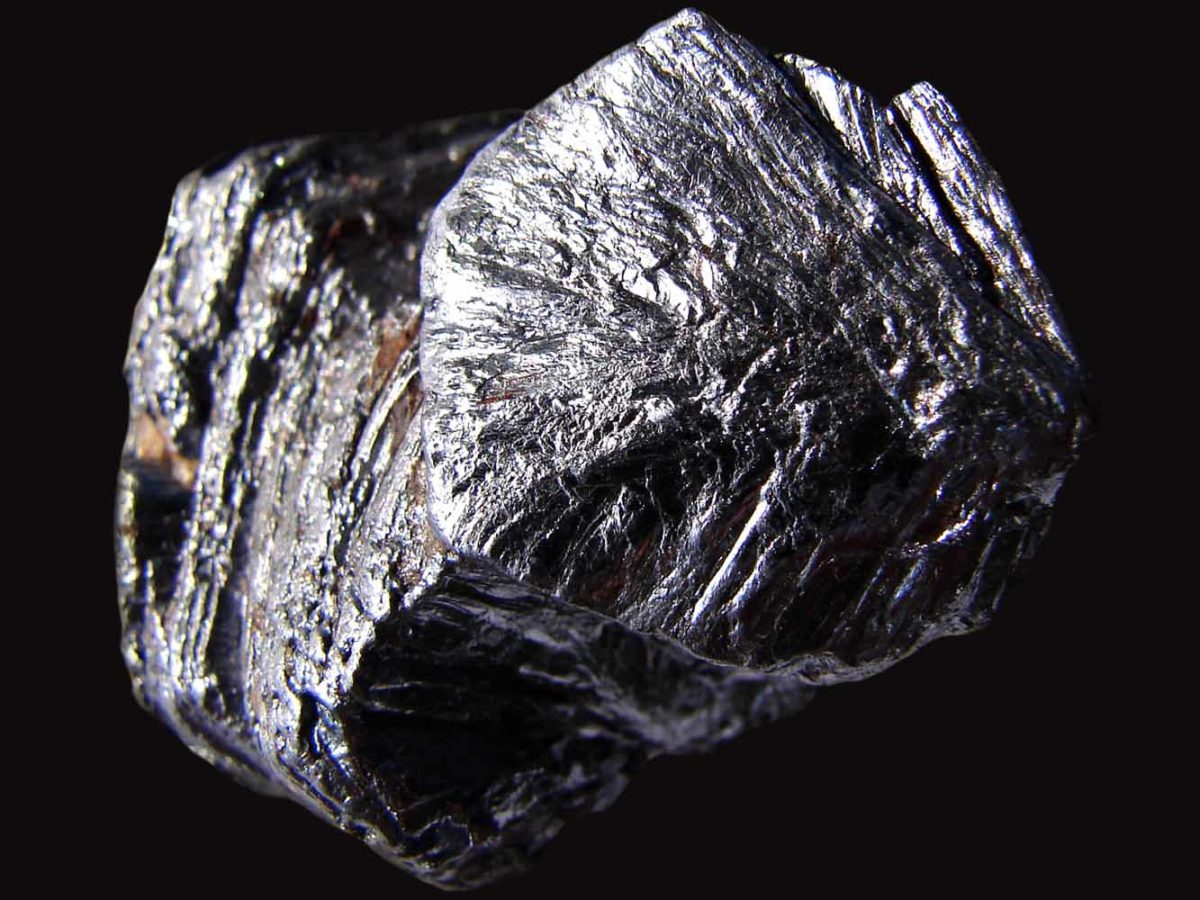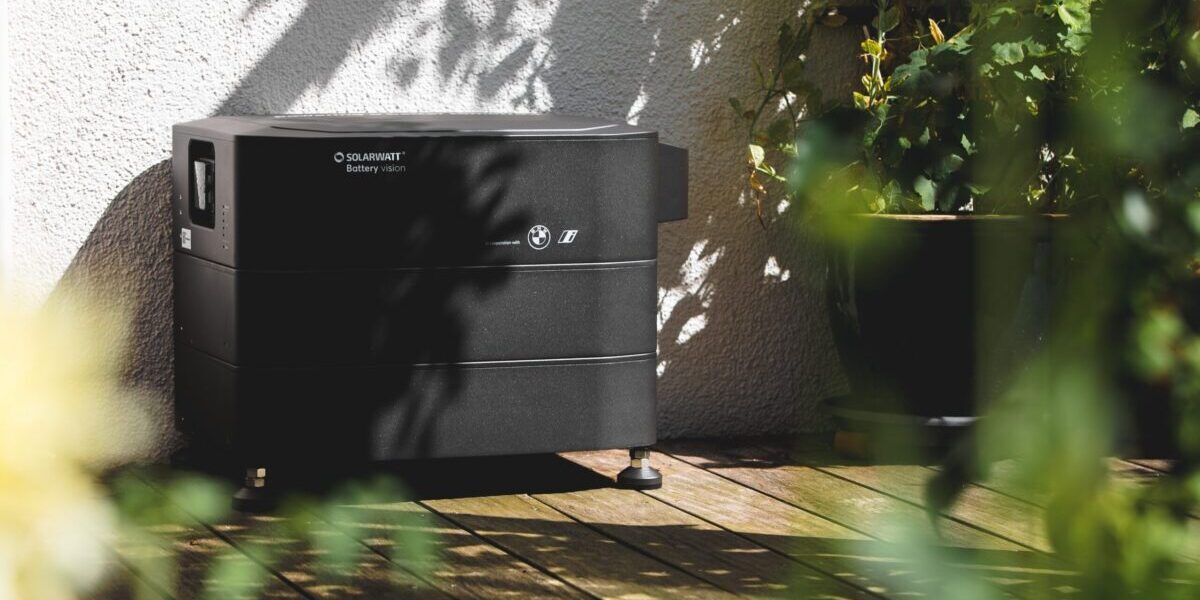Scientists working with two-dimensional semiconductor materials have made a discovery which they say could eventually lead to the development of unique new materials for solar cells.
The team was working with a two-dimensional material named molybdenum disulfide (MoS2), which comprises a one atom layer of molybdenum between two layers of sulfur.
In their paper ‘Momentum-space indirect interlayer excitons in transition metal dichalcogenide van der Waals heterostructures’, published in the journal Nature Physics, the team outlines how it developed a multilayered ‘heterostructure’ consisting of layers of MoS2 and wolframite diselenide (WSe2).
The structure placed mono layers of the materials on top of each other, and led to the appearance of a new type of exciton (described as tightly bound electron-hole pairs, quasiparticles that act as a carrier of positive charge). In this type of exciton the electron and hole are spatially divided between the different layers.
“Thanks to the use of spectroscopic methods and quantum-chemical calculations from the first principles, we have revealed a partially charged electron-hole in MoS2/WSe2 heterostructures, as well as [the electron-hole’s] location,” explained NUST Scientist Gotthard Seifert. “We have managed to control the radiation energy of this new exciton by changing the relative orientation of the layers”
The team states that it will now focus on further understanding and controlling the exciton effects observed here, and the effects of layer rotations on different materials electronic properties. “In the future,” says NUST’s press release, this will allow for the creation of unique new materials for solar panels or electronics.”
This content is protected by copyright and may not be reused. If you want to cooperate with us and would like to reuse some of our content, please contact: editors@pv-magazine.com.




1 comment
By submitting this form you agree to pv magazine using your data for the purposes of publishing your comment.
Your personal data will only be disclosed or otherwise transmitted to third parties for the purposes of spam filtering or if this is necessary for technical maintenance of the website. Any other transfer to third parties will not take place unless this is justified on the basis of applicable data protection regulations or if pv magazine is legally obliged to do so.
You may revoke this consent at any time with effect for the future, in which case your personal data will be deleted immediately. Otherwise, your data will be deleted if pv magazine has processed your request or the purpose of data storage is fulfilled.
Further information on data privacy can be found in our Data Protection Policy.